Are you in a miniature painting slump? Are you stuck in a hobby rut? I know what it’s like. Sometimes, you just don’t want to get out of bed. The loss of inspiration to paint miniatures, or simply do anything related comes over you suddenly…
Here’s what I think.
I’ve read so much about the psychology and the neuroscience of depression (read my article on gaming burnout, anxiety, or ways I’ve tried to stay motivated—which often fail at a certain point), that I can confidently say that emptying yourself of any stressful triggers of working on a hobby project, miniature painting or otherwise, is the likely the best remedy.
If you want to skip ahead, I’ve summed it all up at the end of this article. But, if you want to see why I’m suggesting that if you’re unmotivated to paint your miniatures to do nothing, read on.
I’m going to do NOTHING.
Here’s why.
I’ve realized that to there’s nothing actionable that can fix my miniature painting slump—Drowned in a wave of “blah”.
—the dark void, an echo-less empty well of inspiration.
THE WORLD HEALTH ORGANIZATION (WHO) RECOGNIZES BURNOUT AS A MENTAL HEALTH ISSUE
I’m not going to even try to do something else creatively related to miniature painting. I will stop assembling models, and have by all means ceased efforts to collect more miniatures.
I would even go so far as to suggest that if you’re unmotivated to paint miniatures—you’re kind of in a burnout situation—then you might want to stop the miniature hobby, too.
Just for a while.
I’m stuck in a mini painting rut.
Uninspired, unmotivated—sure, I’ve been painting long enough to know this is normal. Even you know this moment will pass. You’ve read this far because you have some hope of a good answer to this “problem”.
I do have a disclaimer.
- If you’re like me and there’s an internal voice that says, one day this gray horde will be overcome; I’ll strike that stupid idea down right now.
- You’ll never finish painting your collection of miniatures. Games Workshop, Wyrd, Privateer Press, and all the other companies have made their business selling your more than you’ll ever need. And, they will keep producing the cool, and you’ll keep eating it up. This addiction, like the painting slump, is also normal.
You’re a miniature hobbyist—you will never be left with nothing to finish.
This is an axiom. A truth for the miniature hobbyist and wargaming enthusiast. You will never, ever finish your collection.
It’s impossible.
You love wargaming models. The hope of having a fully painted miniature army for the table haunts you, and yet… you’re in a slump. The brain and body have shown you no way forward
Every time I approach the hobby desk, I feel a sense of dread. It’s the only way to describe it. A sinking feeling that I won’t achieve anything. Why am I feeling this way? I have no idea.
“So why bother fight it?”
That’s exactly what I’m saying! Do nothing and take a break.
Here are the 3 reasons I’m taking a break.
The miniature painting slump—that emotional wasteland in which inspiration once upon a time thrived—doesn’t actually need a reason to happen. No reason; no explanation.
Some days you just don’t want to work on those models. The colors don’t seem to jive, and you can’t muster the commands to bid your brush onward. It seemed so easy before!
I’ve been there.
My circumstances that have made this hobby slump hard to overcome.
- Kids – I am no longer beholden to my whims. If having kids makes you an adult, the process must take longer than I thought. The children are young and my bandwidth is flooded with all these…emotions. Pride, joy, and even outright fear. I want to prepare them to live peacefully and happily in a World that has grown teeth. Miniature painting and hobbies have taken a backseat.
- Cancer – I’m not alone, but this particular disease has hit close to home. And, it has disrupted every aspect of my family’s daily life. Diseases don’t just affect the person they inhabit, but taint every social interaction. Serious medical problems are intruders, disrupting the imagination fabric of a bright, fruitful future. For the hobbyist, it doesn’t matter if you’re sick or a loved one is sick, the mental, spiritual, and physical toll of ongoing sickness is a creative drain.
- Sleep Issues – The Sun begs me every morning to wake. But, perhaps those responsibilities I briefly mentioned have made it necessary to steal every free minute for other things I want to do. This includes sleep. I suffer as an insomniac (self-diagnosed!). And, as someone who loves nature, it also means trying to be outdoors. Although I’ve written about a portable light solution to bring my mini painting hobby outside, I just want to bask in sunlight and take a nap. Maybe, I’m just an old man by a child’s standards. I’ve written briefly about how sleep can rob you of hobby motivation. Well, here I am.
These are my unforeseen circumstances that seem to make even the one hour’s painting session impossible.
Now I’m in a wait and see mode. Do nothing and be observant. Will the inspiration and drive to return to the painting hobby return? I know it well.
Here’s a bit of what we know about burnout and lack of motivation, especially relevant for the long time miniature (or any) hobbyist.
The Neuroscience of “being stuck”
The Core Points
- Did you know that burnout (loss of motivation) is a medical disorder recognized by mainstream medicine (source)? It may not be “job” burnout, but it is certainly the same brain-centric issue.
- The loss of motivation that comes in cycles is also often associated with depression and a cynical outlook (e.g., the person who always seems to have a dark rain cloud following them). Think Eeyore of Winnie-the-Pooh fame.
- At the center of the problem, the loss of motivation starts with the inability of a person to cope with the stress of a job or task. Sound familiar to miniature painting? Maybe you’re trying to do too much. Or even, yes, even thinking about doing a specific task can trigger a stress response. All of this adds up. You mind is not a sieve, it is a sponge in a bucket with no drain. Your brain essentially absorbs stress until it drowns (metaphorically). But, it’s a bit more interesting than just the amount of input you’re trying to process. What do I mean?
- Psychological and biological data suggest that you’re trying (and perceiving that you’re failing) at the balance act between your “fun hobby” and other responsibilities and demands. In essence, the biological behind all of this means that you want to do too much, then try, fail to meet your goals, and end up throwing your hands up in frustration. Or apathy. Or the serious case of burnout. However you describe it, the loss-of-desire to add more to your proverbial brain plate is self-preservation at work. Your stressors win out against the rewards and relaxation of being in your hobby. The simple remedy is to do nothing.
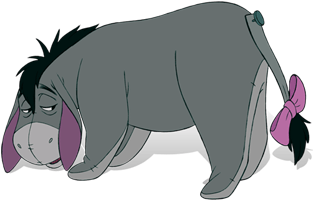
…the loss-of-desire to add more to your proverbial brain plate is self-preservation…
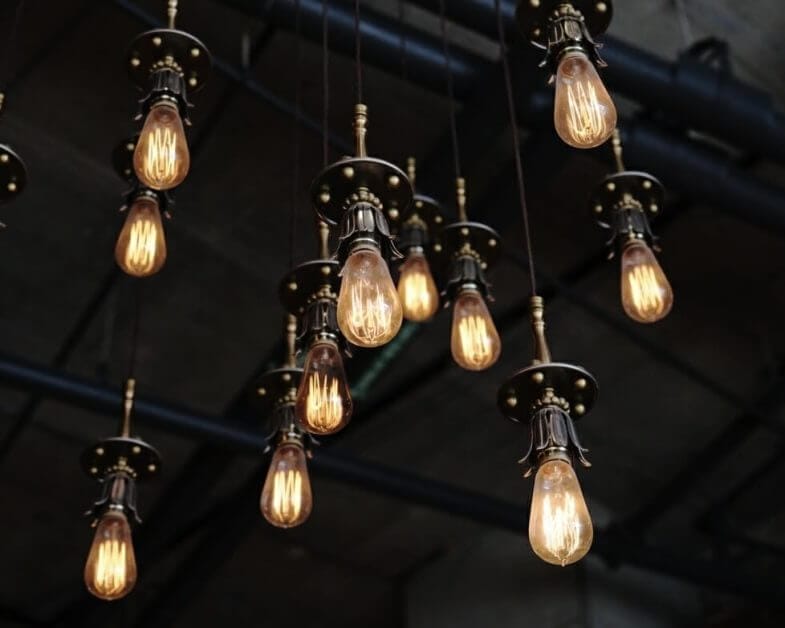
A Brain Shrink
- Emotional turmoil of motivation loss is marked in literal changes in brain chemistry and structure (source 1 and 2).
- Your frontal cortex, PFC, and amygdala, responsible for thinking and emotional reward response may shrink through stress (and aging!), which may contribute to the decreased motivation to do things (source).
- Emerging evidence also suggests that structural changes through stress, fighting through trauma (painting miniatures when you don’t want to) can become permanent (source). So the more you fight, the more you lose!
- All of these continued changes through the constant battles with your “fun time” and other life demands can disrupt creativity and your ability to solve those 3D color puzzles (i.e., painting miniatures) (source).
- What to do? Trust that your brain will go back to where it was (also known as homeostasis). Stop working on that task, and stop thinking about it.
So the more you fight, the more you lose!
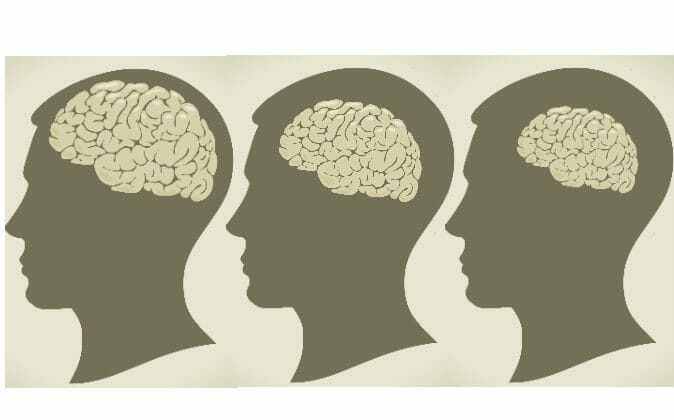
This is true for most hobbyists.
This is probably why I am—and maybe you as well, are in that unmotivated state right now: the juggling act.
I’ve had a few life disruptive events that have robbed me emotionally and physically. But, I understand it’s merely a life being lived.
It’s true for most hobbyists that we hate loose ends. We want to get things done. The miniatures haunt us with their unpainted nakedness…
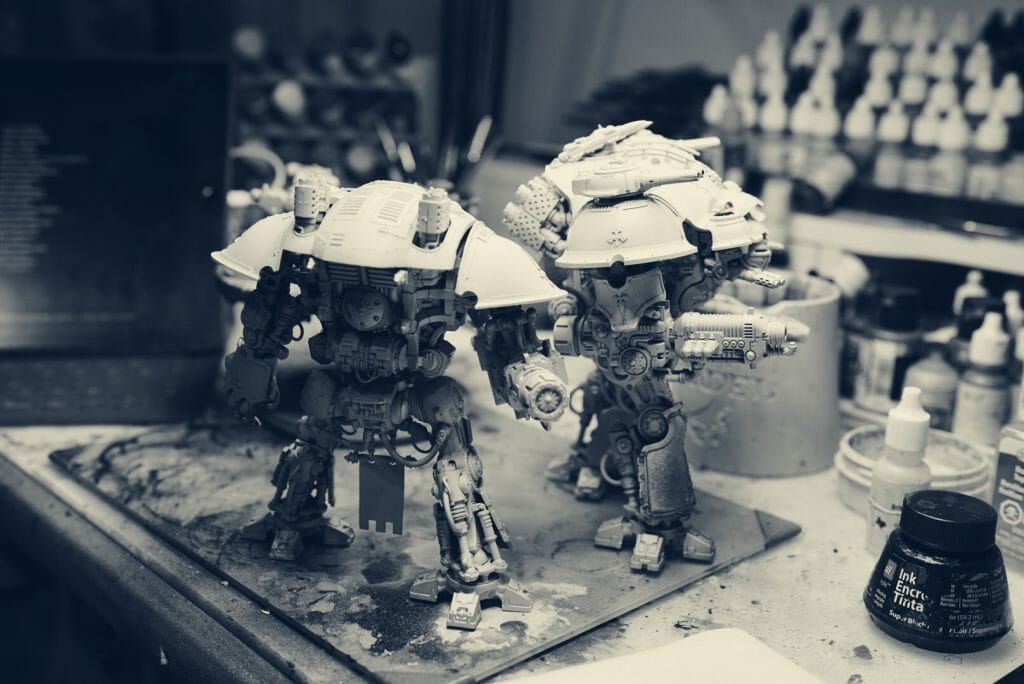
Everyone has a baseline desire to accomplish something; to make an impact. Maybe it’s in this hobby, or something else. Whatever it is, it’s in your biological make-up.
So, here we are.
This vicious battle against the miniature painting blahs. You and I won’t beat it. We just defer our time to something else.
In the past, I’ve tried to fight through the lack of motivation. I’ve painted cold, relying on painting tricks and formula to plow quickly through a miniature pipeline. You could, too. But, this isn’t the point of this article.
I’ve found that sometimes, waiting out the slump is the least stressful. Don’t touch the brush or paint.
Just be patient.
But, here’s a caveat with my advice.
Remember to feed your inspiration!
I’ll admit a risky issue with my advice of doing nothing is that YOU could vanish completely.
Nothing can spawn from nothing.
Inspiration needs to be fed….even that small ember that says “one day, I will paint”, needs fuel.
The problem with doing nothing is that it’s possible that your desire to paint could wither away. Use it or lose it. Years might pass without any change in your outlook.
Cannabis, weed, marijuana or any similar organic supplement certainly won’t help you either.
Here’s my added thinking: make sure while you are doing nothing, admire the creative work of other people. Key point: Don’t analyze stuff. Admire it. There’s a difference.
Start a pinterest page (see mine).
This will be the food that will keep you from losing all those tasty, creative insights you’ve honed over the years.
Here are some websites showcasing others’ miniature work that I admire.
- Sergio Calvo Miniatures – Sergio is an artist whose work goes beyond the 2D page. The miniatures he paints never looked “painted” to me. More like drawn illustrations, they evoke a sense of character and space that born-with talent could achieve. Sergio’s miniature paintings of popular video game characters are some of my favorites. I admire his brushwork and style. When I’m in a slump, I ask myself whether I need to reach this level of mastery…and I reply with a resounding “nope”. And, I move on fully content with my slowly growing skill level.
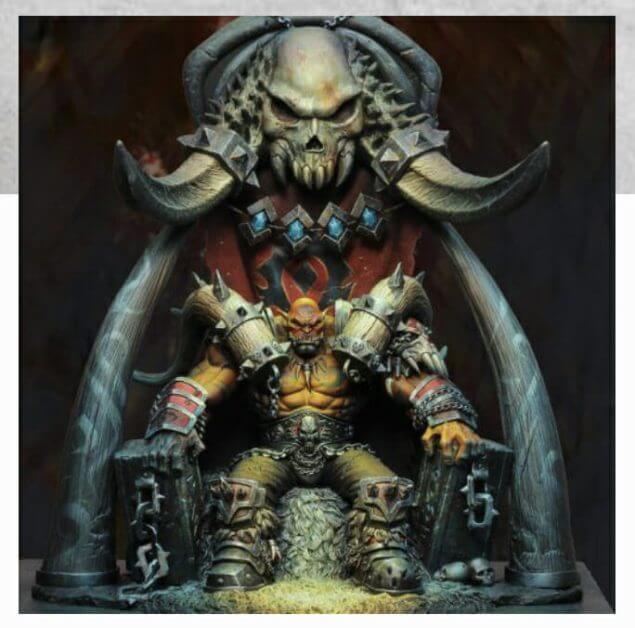
RELATED: HOW I PAINT NON-METALLIC METAL (NMM)
- Destroyer Minis – this is the website of Marike Reimer, winner of multiple prestigious painting awards. I’ve reached out to her on many occasions asking for advice and feedback for my work. Her free hand designs on miniatures are incredible. Her website, linked above, has some of the best step-by-step and thoughtful tutorials on how to paint some of the more commonly difficult aspects of miniatures (e.g., eyes).
- Angel Giraldez – Angel Giraldez is a miniature artist I have been following for several years. He’s got some of the best approaches for creating high contrast miniatures that pop off the table. He relies on an airbrush for most of his blending and highlighting (he makes it look easy).
RELATED: 3 WEBSITES FOR LEARNING HOW TO PAINT NMM
Final Thoughts
Neuroscience (and my experience) suggests that when you’re unmotivated to paint your miniatures or work on your hobby, do nothing. Don’t work or think too much about it. Wait for those metaphorical lights to come back on. Personal unforeseen circumstances will always get in the way.
Inspiration needs to be constantly fed to stay alive. Continue to admire others’ work.
Are you in a miniature painting or hobby slump? The motivation blues have you down? Leave a comment below!
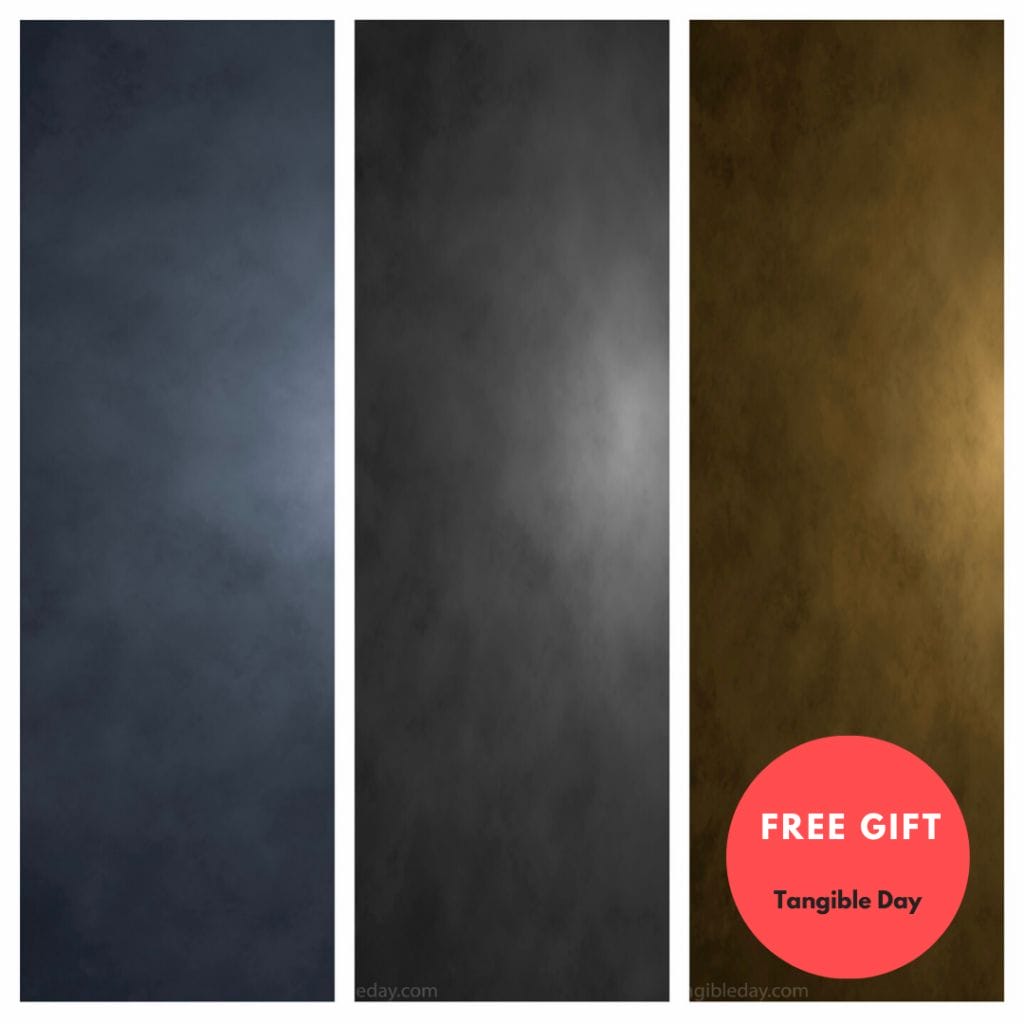
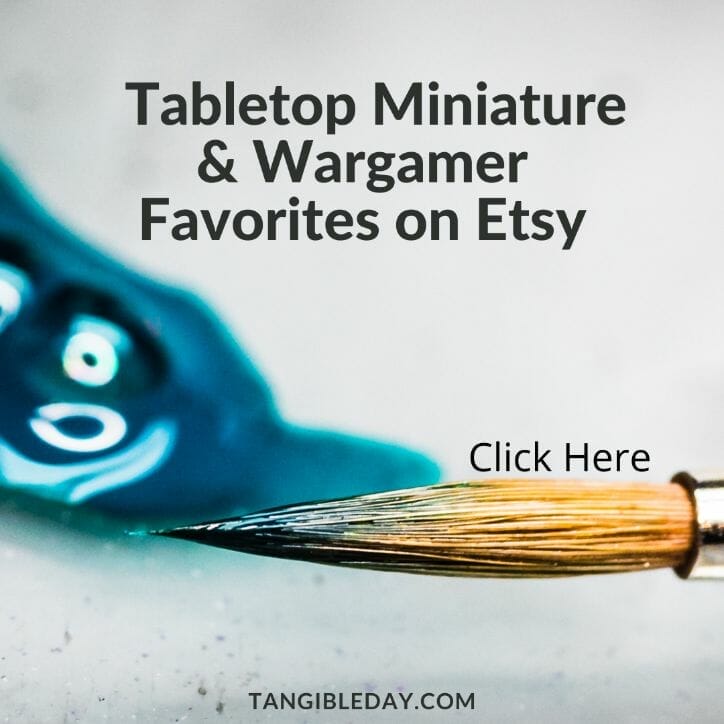
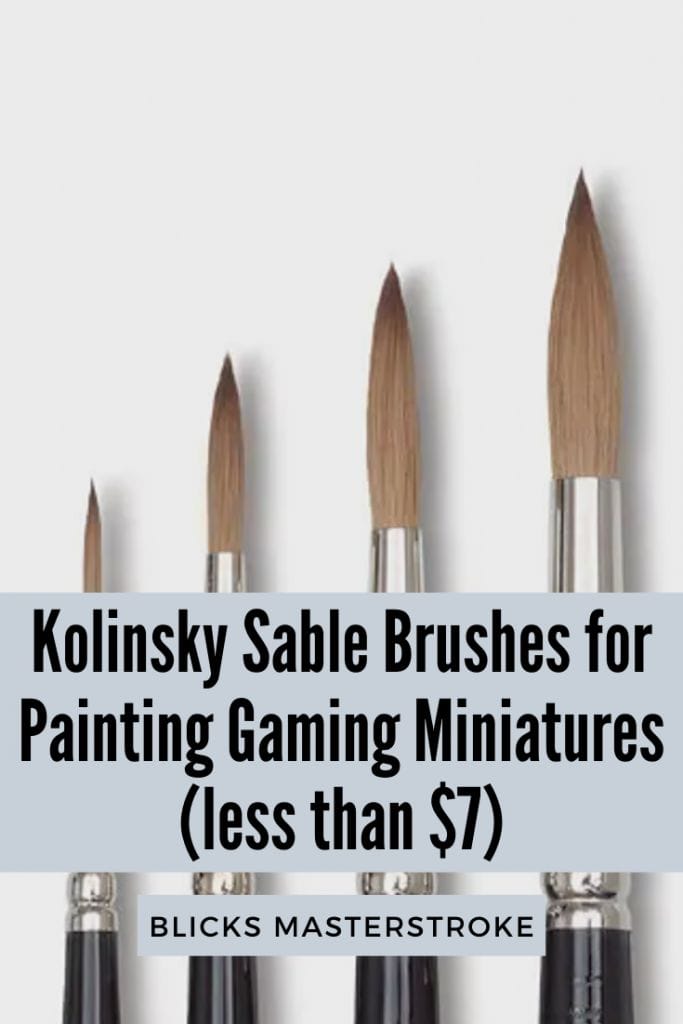
Tangible Day on YouTube (Miniatures and More!)
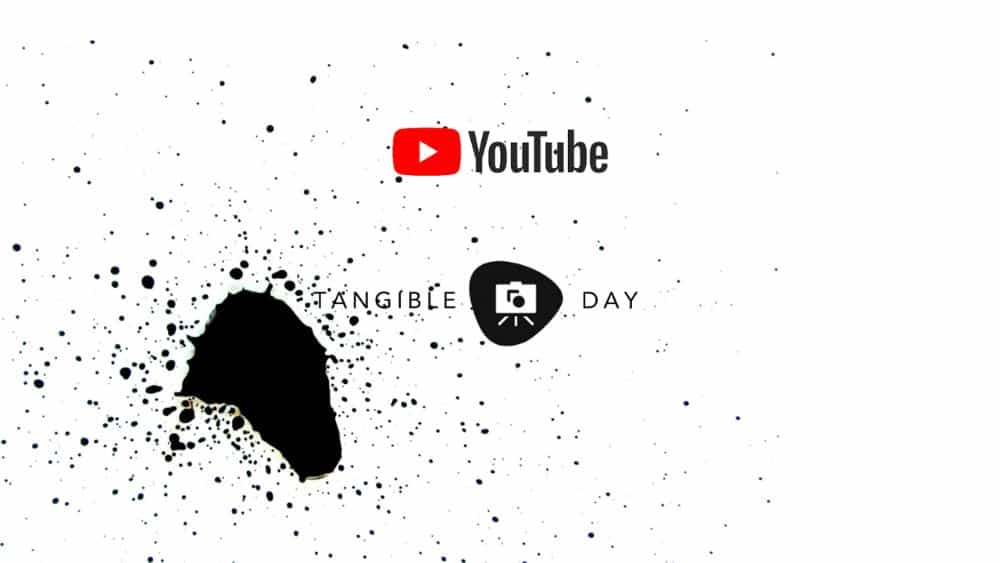
Two weeks ago, I was in the gym working out seven times over five days. This holiday weekend, I took some time off the gym; I basically skipped two workouts. This was a subject of apprehension for me; as someone with a definitive gym-related goal, look good for my pending nuptials, I didn’t, on some level, want to miss any workouts. I also, importantly, did not want to lose my momentum in working out habitually. Of course I was not totally inert during the time I would have been working out. I did some cooking, painted, relaxed, and beat a few levels of my new favorite video game.
The same fear exists for mini painting. As a relatively new painter, I’m not yet in the painting habit. If I stop, does the momentum go away? Perhaps even more fearful, if I do nothing as to mini painting then something else will take up the time I was going to spend painting, and I will I develop a habit based on that? Obviously there’s nothing inherently wrong with playing videogames, but playing videogames is one of the least productive pastimes ever devised by humanity. If I’m not painting in my leisure time that time could be occupied by video games which could lead me into a less productive habit.
This is a different dilemma than the dearth of inspiration and motivation you describe above. But you are in a very different place in your hobby journey as you seem to have habituated to painting whereas I am very much getting into the swing of it. And being consistently frustrated by my poor skills which never develop at the pace I would like. I know, intellectually, that I will eventually get into the habit of painting and that my skill will improve with practice, but I am in a precarious place at this time. So stopping is death for me.
For writers, the block is often solved not by not writing, but by not caring about what one writes. The prompt isn’t about writing the story or poem you want, but about jumping into the process of writing and letting the creativity attend to itself. Writing prompts exist as a means to get the wheels and mechanics of habitual writing in motion, and once the mechanics of writing are working the creative process kicks off. Supposedly. Applied to mini painting, I would prefer to paint a junk model about which I am not particularly concerned rather than not paint at all during those times when I lack the inspiration to work on the cool toy that I really want done. Painting the junk model helps me to work towards my goals of becoming a better painter, even if it doesn’t progress towards the goal of having my cool toy all done.
Dilemmas of inspiration are often cured by the subconscious mind which is often best incorporated by not thinking about the very thing you want to be thinking about. Hence the writing prompt or the junk model; by thinking with the forebrain about something other than what one is concerned about, one’s subconscious can be more free to consider matters of greater import. The same is true of doing things tangentially related like reading in lieu of writing or considering the works of other painters.
Go Bruins.
Well said. True that what causes people to fall into a rut depends on their particular peculiarities. I’ve got no skin in the game when it comes to dissecting out the solutions for motivational starvation. All I know is sometimes a hiatus is all you need :). I love video games btw. But my time as mentioned has been limited. And it’s expensive to keep up!